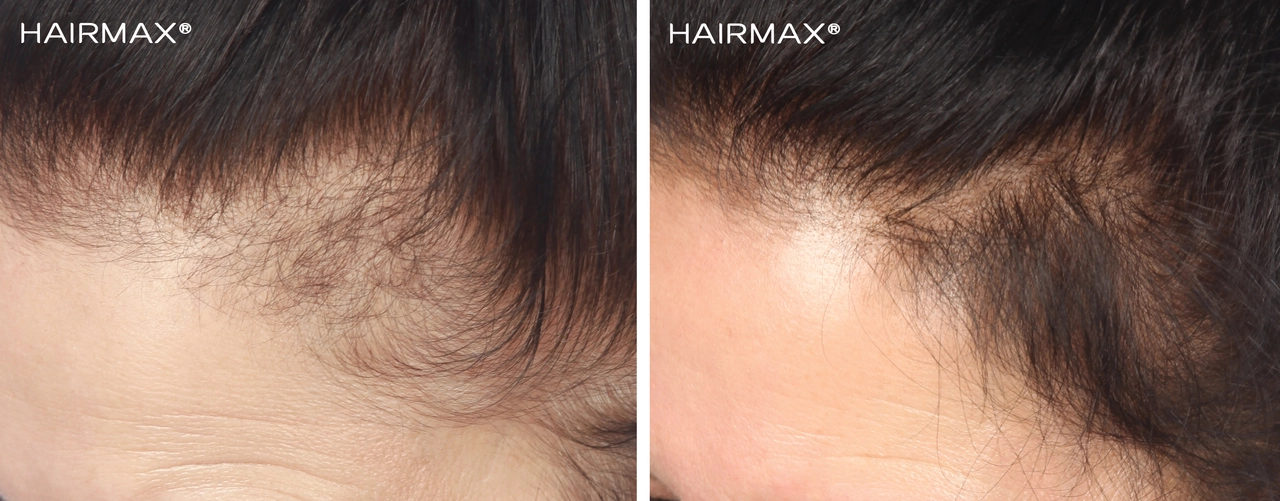Betamethasone: what it does and how to use it safely
Betamethasone is a strong steroid medicine used to calm inflammation. You’ll see it as a cream, ointment, injection, or in rare cases tablets. It can clear itchy rashes fast, reduce severe allergic reactions, and is sometimes used by doctors to treat lung immaturity in preterm babies. Because it’s powerful, the way you use it matters.
How betamethasone is used
Topical creams and ointments are the most common. For skin problems you usually apply a thin layer once or twice a day to the affected area. Follow your doctor’s directions — don’t cover the treated skin with bandages unless told to. Injections are used in hospitals for quick control of severe inflammation or allergic reactions. Oral or long-term use is less common and usually reserved for serious conditions under close supervision.
Keep these quick tips in mind: use the smallest amount that works, avoid using strong steroid creams on the face or groin for long periods, and don’t stop long-term oral or injected steroids suddenly — your doctor will taper the dose.
Side effects and precautions
Topical betamethasone can cause skin thinning, stretch marks, or more bruising if used long term. It can also make fungal or bacterial skin infections worse. With higher doses or long-term systemic use, expect risks like higher blood sugar, weight gain, mood swings, weaker bones, and a higher chance of infections. Long courses can suppress your body’s natural steroid production, so you may need a tapering plan.
Tell your doctor if you have diabetes, high blood pressure, infections, osteoporosis, or a history of mental health issues — steroids can affect all of these. If you’re pregnant or breastfeeding, mention it. Betamethasone is sometimes used in pregnancy to help a baby’s lungs, but only under medical care.
Watch for warning signs: fever, new or worsening infections, severe stomach pain, sudden vision changes, shortness of breath, or major mood swings. If any of these happen, contact your clinician right away.
Drug interactions matter. Steroids can affect how vaccines work (especially live vaccines), and they can interact with blood thinners, diabetes medications, and some antifungals. Always tell every provider that you’re using betamethasone.
Storage and practical tips: keep creams at room temperature away from heat and moisture. Wash your hands before and after applying topical steroids unless your doctor tells you otherwise. Use sunscreen on treated skin if exposure to sunlight is likely — some steroids make skin more sensitive.
Bottom line: betamethasone can be very effective when used correctly. It calms inflammation quickly, but it’s strong and can cause problems if misused. If you’re unsure about dose, duration, or side effects, ask your prescriber — a short chat can prevent a lot of trouble.





